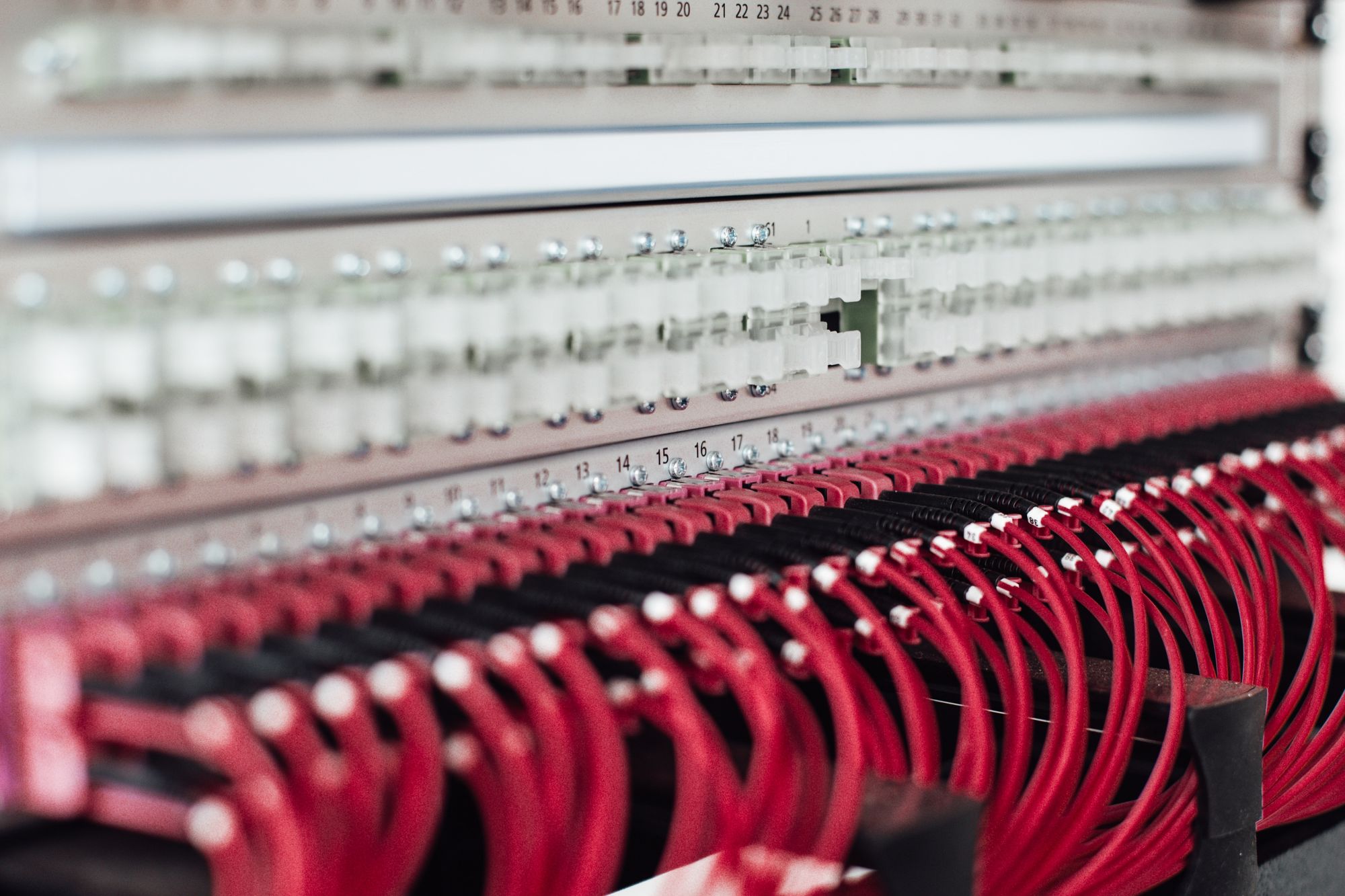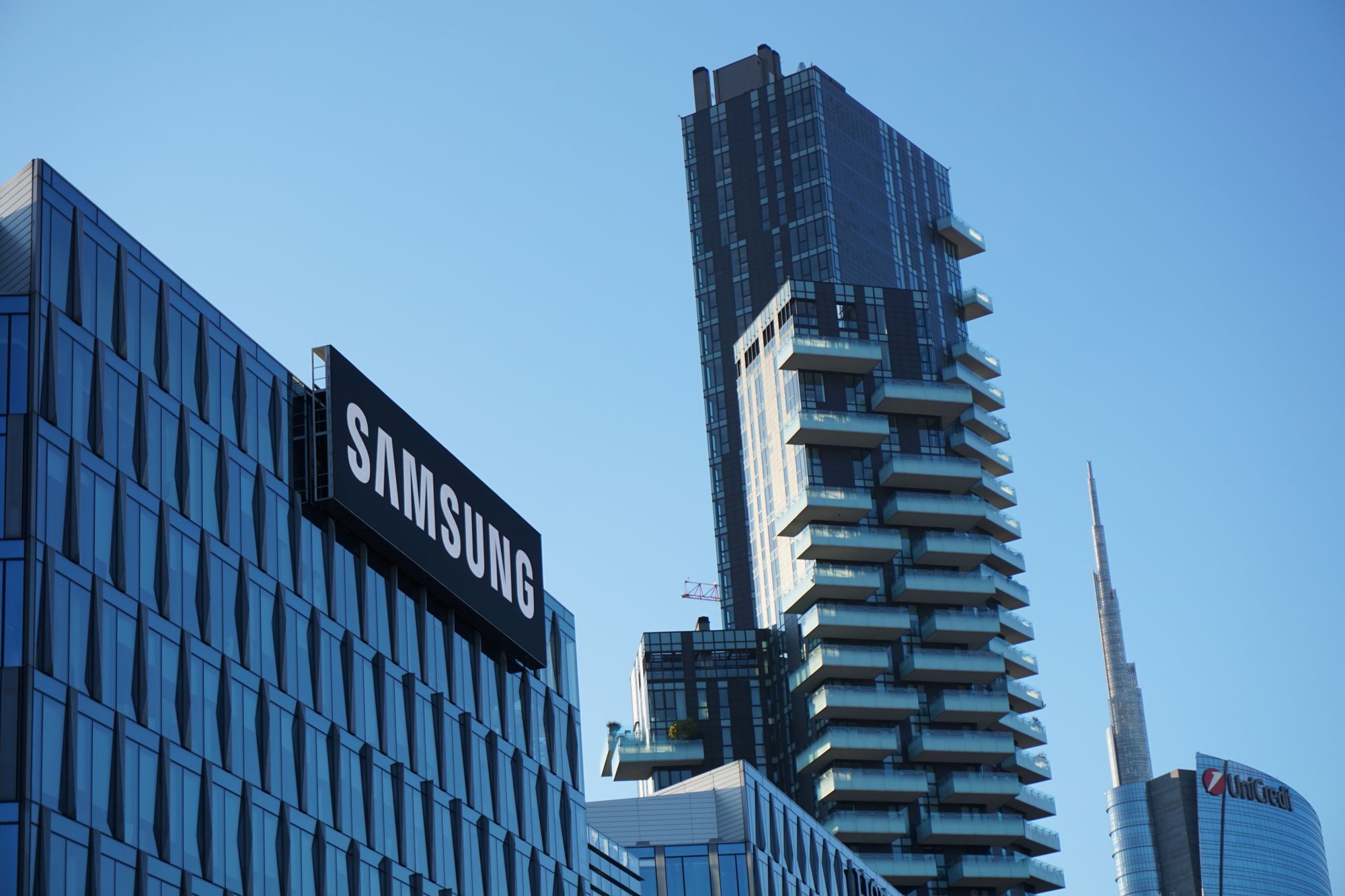"Leap Second" Bug Causes Trouble To The Internet

 On Saturday, June 30th 2012, a second was added to the atomic clocks to keep the time aligned to the world’s rotation around the sun synced. Though the atomic clocks coped with the adjustment fine, the Internet did not. Sites like Mozilla, Gawker, Reddit, Yelp, StumbleUpon, FourSquare, and even LinkedIn were facing troubles caused by the leap second bug.
On Saturday, June 30th 2012, a second was added to the atomic clocks to keep the time aligned to the world’s rotation around the sun synced. Though the atomic clocks coped with the adjustment fine, the Internet did not. Sites like Mozilla, Gawker, Reddit, Yelp, StumbleUpon, FourSquare, and even LinkedIn were facing troubles caused by the leap second bug.
According to many sources online, the problem was caused by net’s fundamental software platforms that was unable to cope with the change. Some of the software that were affected by the leap bug includes the Linux Opperating System and Java. Most operating systems being maintained are synced to the world atomic clocks using the Network Time Protocol, or NTP for short.
One of the major services that was affected by the leap bug was Amazon’s Web Services, who runs about 1% of the entire Internet. Recently, Amazon’s Web Service was affected by the severe outage caused by the severe weather in the northeast of the United States (specifically Northern Virginia, Maryland and Washington DC), which caused six deaths and disabling a large chunk of the Internet (including sites like Netflix and Instagram).
One of the major sites that was unaffected by the bug was Google since they knew about the change and planned for the time change by developing a solution called the leap smear. Google explained how they did it in a September 2011 post…
We modified our internal NTP servers to gradually add a couple of milliseconds to every update, varying over a time window before the moment when the leap second actually happens. This meant that when it became time to add an extra second at midnight, our clocks had already taken this into account, by skewing the time over the course of the day. All of our servers were then able to continue as normal with the new year, blissfully unaware that a leap second had just occurred. We plan to use this “leap smear” technique again in the future, when new leap seconds are announced by the IERS.
As of right now, most the sites that were affected by the bug should be back to normal. Hopefully, a solution will be created preventing issues like these again, although leap seconds has happened before and will continue to happen.




